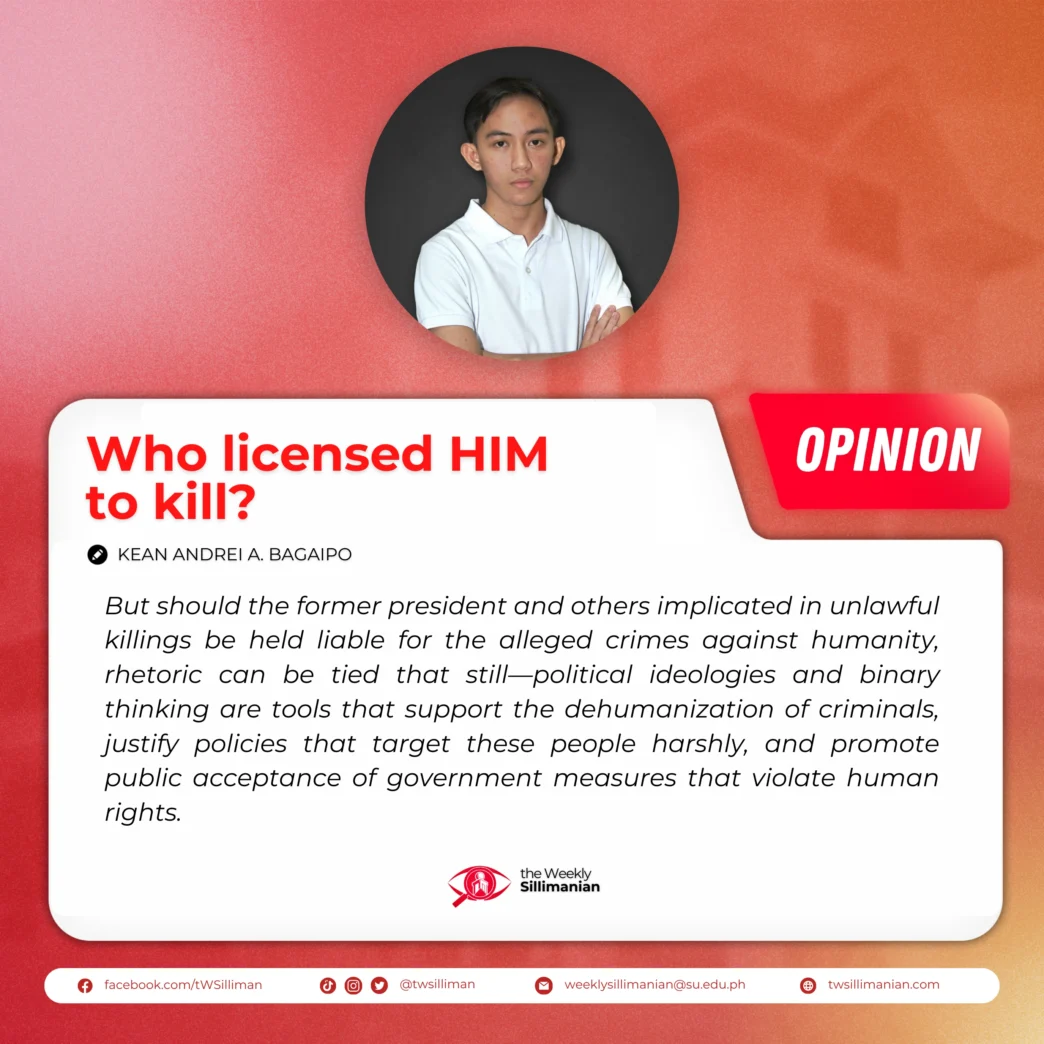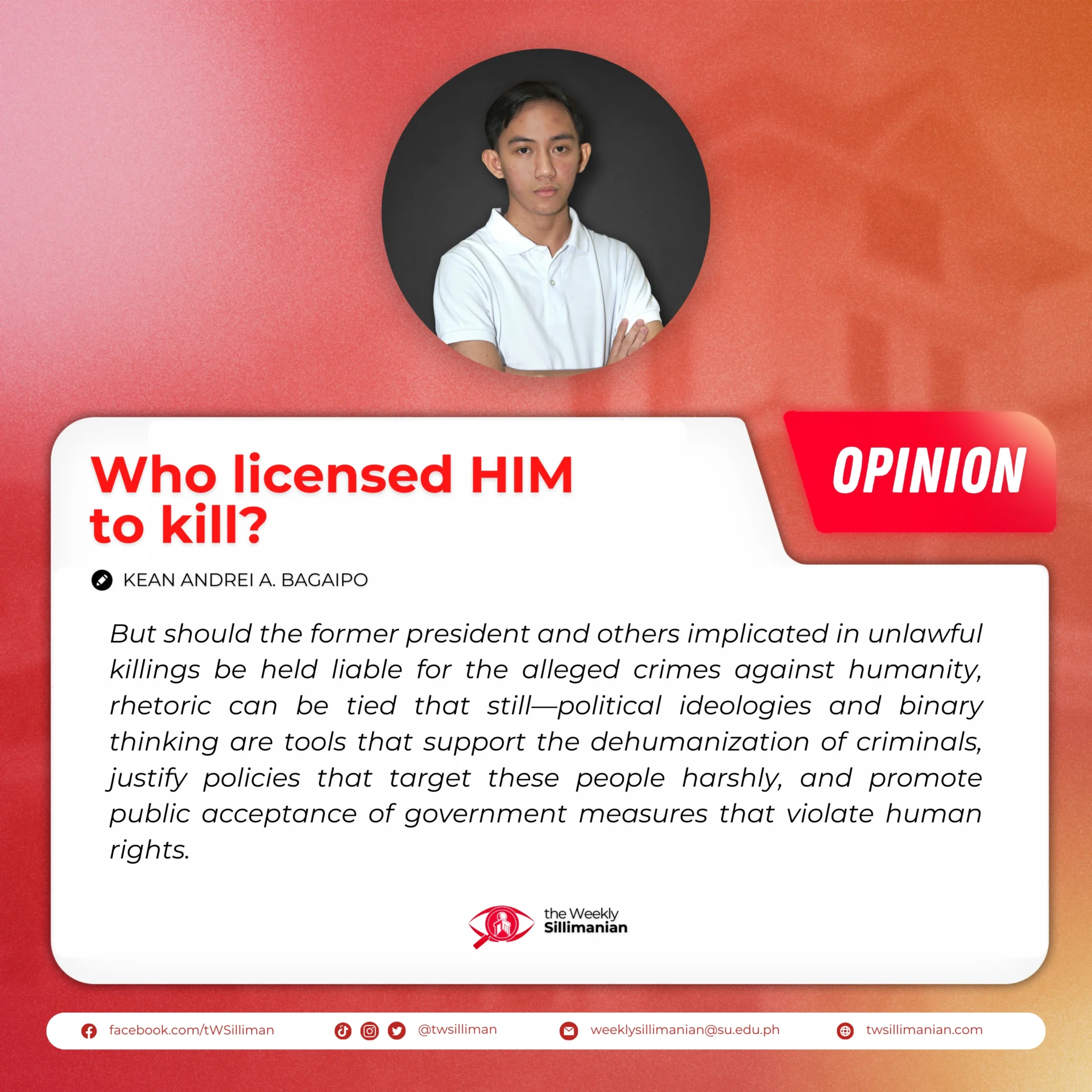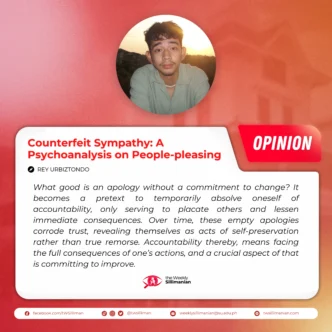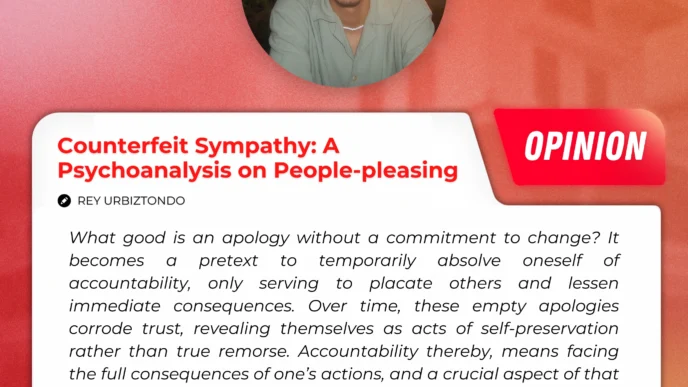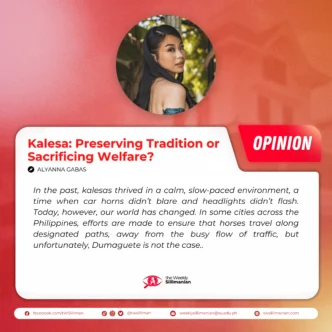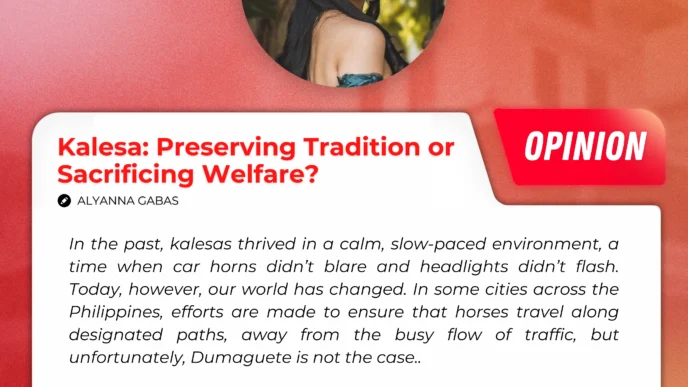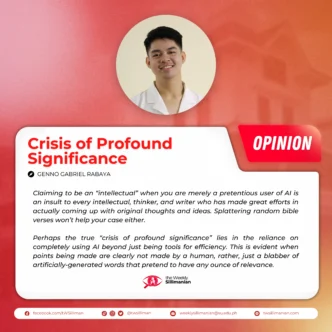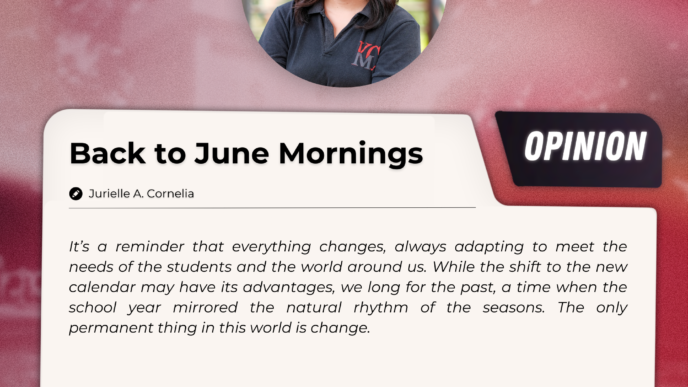By Kean Andrei Bagaipo
“I’ll ask a gangster to kill somebody. If you will not kill [that person], I will kill you now.”
These were the exact words former president Rodrigo Duterte said during the recent Senate inquiry over the alleged extrajudicial killings under his administration. The so-called “war on drugs” exacerbates the death of as many as 30,000 civilians, according to human rights groups.
The 79-year-old entered the hearing with a walking stick, looking defiant, as he faced the staunch human rights activist Senator Risa Hontiveros and colleagues, often cursing as he addressed them.
In an expletive-laced defense of his bloody war on drugs, Duterte made it clear in another fiery remark. He offered ”no apologies, no excuses” for his presidency, whose term and campaign allowed the killings of thousands of suspected drug dealers and users.
Yet opposite to what Duterte frequently characterized his campaign as targeting “drug lords” and “drug pushers”, reports and investigations showed that war on drugs disproportionately targets mostly the poor and vulnerable. Many of which are men from impoverished urban areas, who were gunned down in the streets or their homes by police, or in some cases, unidentified assailants.
The reality behind it? Kung mahirap, tokhang, patay [if the person is poor, he’s killed], kung mayaman, pwede pa magbago [if the person is rich, there’s still a path to redemption].
Unarguably, that is how sluggish the Philippine justice system is. In a society where judicial institutions are viewed as weak and corrupt while criminal policies are ineffectively imposed, justice continues to grind slowly—even slower for poor victims. And the underpinning reason behind the looming figures of death was the former president’s iron-fist approach, encouraging authorities to exert deadly force against drug addicts who threaten them.
“That is my instructions – encourage them to fight, so that when they fight back, you can kill them, so there won’t be any problem anymore,” Duterte said, who claimed to have organized a death squad composed not of police officers but of “gangsters” who liked killing.
While many condemn Duterte’s anti-drug operations, there are those who praise him and believe in his feisty words. And if someone is critical of his law, he might be tagged as among those who tolerates illegal drug users and peddlers of vicious crimes.
Binary, black-and-white, dualistic mindset—a rigid “us versus them” thinking that puts supporters on the “right side” and oppositions on the “wrong side.” Disillusioned with this ideology, how Filipinos see the executioners meting out punishment to suspects without due process, is just as much as believing that exterminating addicts and criminals like pests is justifiable.
Such manifests divisiveness, heating public discourse on who put Duterte in the position to enforce punitive killings. Drawing back in 2016 where over 16 million Filipinos voted for him and vouched for his anti-crime political agenda.
But should the former president and others implicated in unlawful killings be held liable for the alleged crimes against humanity, rhetoric can be tied that still—political ideologies and binary thinking are tools that support the dehumanization of criminals, justify policies that target these people harshly, and promote public acceptance of government measures that violate human rights.
Nevertheless, Duterte’s war on drugs is a power play that serves not the Filipino people’s interests, not the country’s development, but the political narratives and interests of those in power, costing people’s lives and safety, and compromising the legal rights that the Philippines pledged to uphold.

